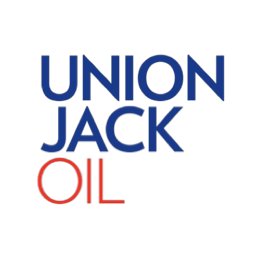Oil prices climbed for the second straight session on Monday, fuelled by worries over potential disruptions to supply in the Middle East. This followed intensified Israeli attacks on Hamas, as well as other Iranian-backed forces in the region. Brent crude for November rose by $1.12, or 1.56%, reaching $73.10 per barrel. This contract, expiring on Monday, was joined by the more active December contract, which also saw an increase of $1.04 to $72.58. Meanwhile, U.S. West Texas Intermediate (WTI) crude futures were up 93 cents, trading at $69.11 per barrel.
Though prices rose at the end of last week, Brent fell by around 3% and WTI dropped approximately 5% over the week, influenced by concerns over weakening demand from China. This persisted despite fiscal stimulus aimed at boosting China’s economy, the world’s largest oil importer. On Monday, oil prices were further supported by fears that the ongoing conflict might draw in Iran, a key oil producer and member of OPEC, after Israel stepped up strikes against Hezbollah and the Houthi militia—groups backed by Iran.
The possibility of broader conflict in the Middle East has heightened concerns over oil supplies from the region. Excess supply remains a prominent issue, yet fears of potential disruptions remain high, according to Priyanka Sachdeva, a senior analyst at Phillip Nova. Monday saw increased conflict reports, including the death of a Hamas leader in Lebanon following an Israeli strike, as well as another Palestinian militant group’s leaders being killed in Beirut. In Yemen, Israeli forces struck targets linked to the Houthi militia, while in Lebanon, Hezbollah positions were also targeted.
Market analyst Tony Sycamore of IG noted that the trajectory of oil prices will be shaped by supply and demand dynamics, especially following Israel’s significant military actions against Hezbollah. Sycamore added that with the upcoming conclusion of OPEC+ voluntary supply cuts on 1st December, WTI may test its 2021 lows around $61 to $62 per barrel. Despite China’s recent monetary easing policies, it remains unclear if these will boost fuel demand, considering China’s increasing focus on electric and low-carbon transportation solutions.
Economic data from China on Monday indicated shrinking manufacturing activity for the fifth consecutive month and a significant slowdown in the services sector. Later in the day, investors anticipated comments from Federal Reserve Chair Jerome Powell for insight into the central bank’s easing plans, while seven other Fed policymakers are expected to speak this week. Analysts at ANZ indicated that with central banks starting to relax monetary policies, a broader economic recovery might be forthcoming.
According to Phillip Nova’s Sachdeva, the response to easing rates and a revival of Chinese demand following recent stimulus will ultimately determine oil market dynamics moving forward.
The ongoing conflict in the Middle East, particularly the escalating actions between Israel and Iran-backed groups, has added a fresh layer of uncertainty to the global oil market. While supply dynamics and regional stability play a critical role, broader economic factors, including China’s demand recovery and global monetary policy easing, will also significantly influence price movements in the coming months.
Union Jack Oil plc (LON:UJO) is an oil and gas company with a focus on onshore production, development, exploration and investment opportunities within the United Kingdom and the United States of America hydrocarbon sector.

